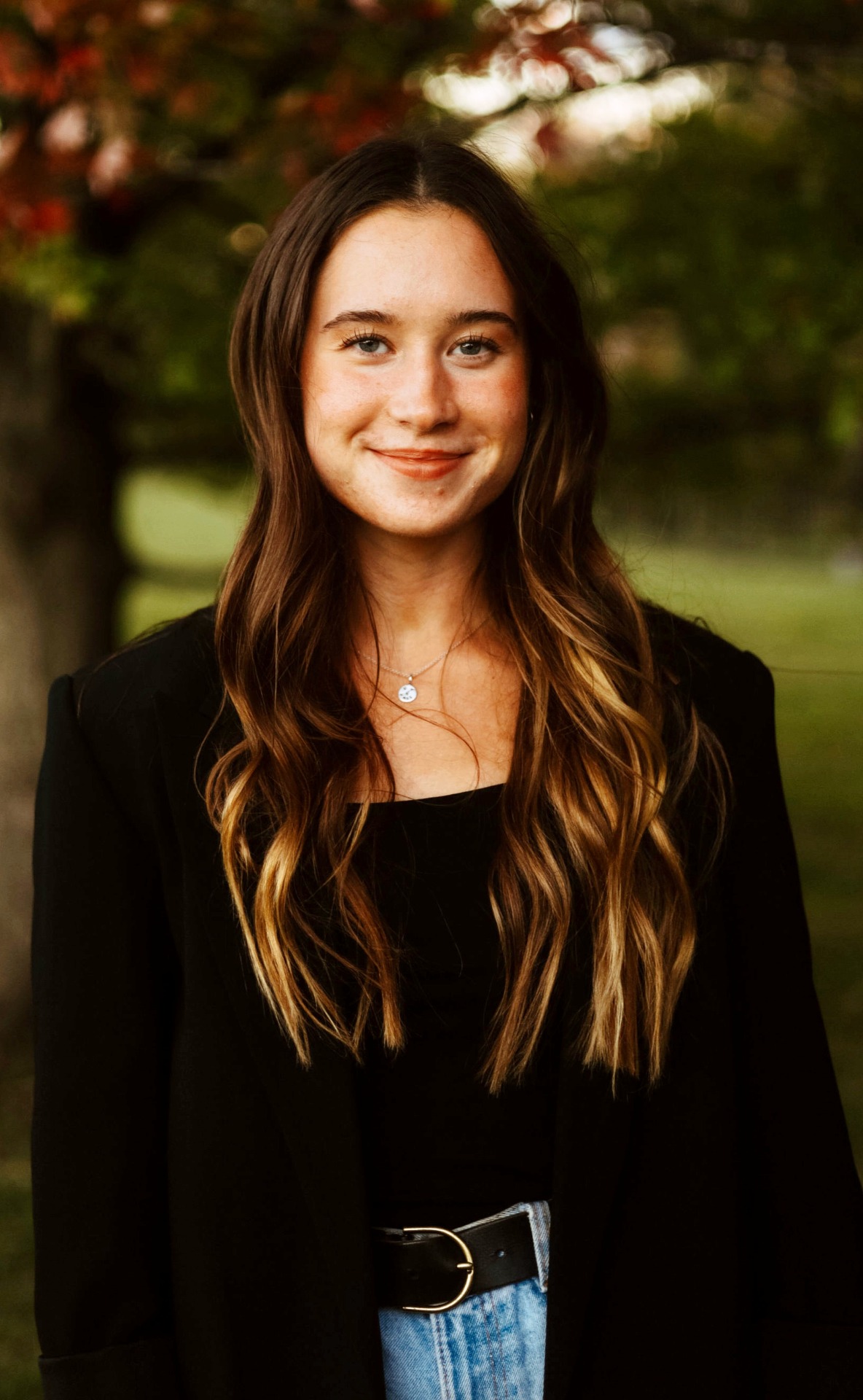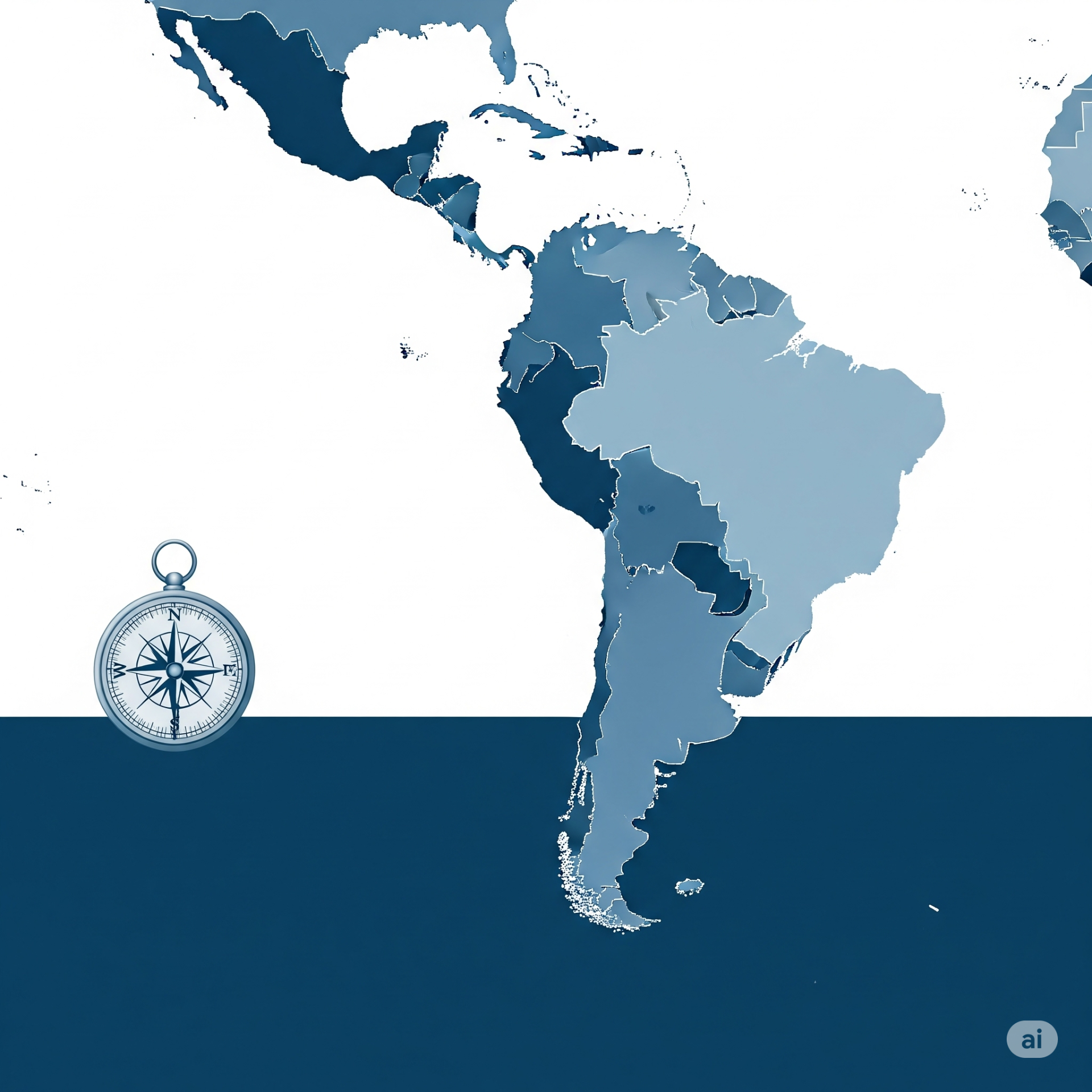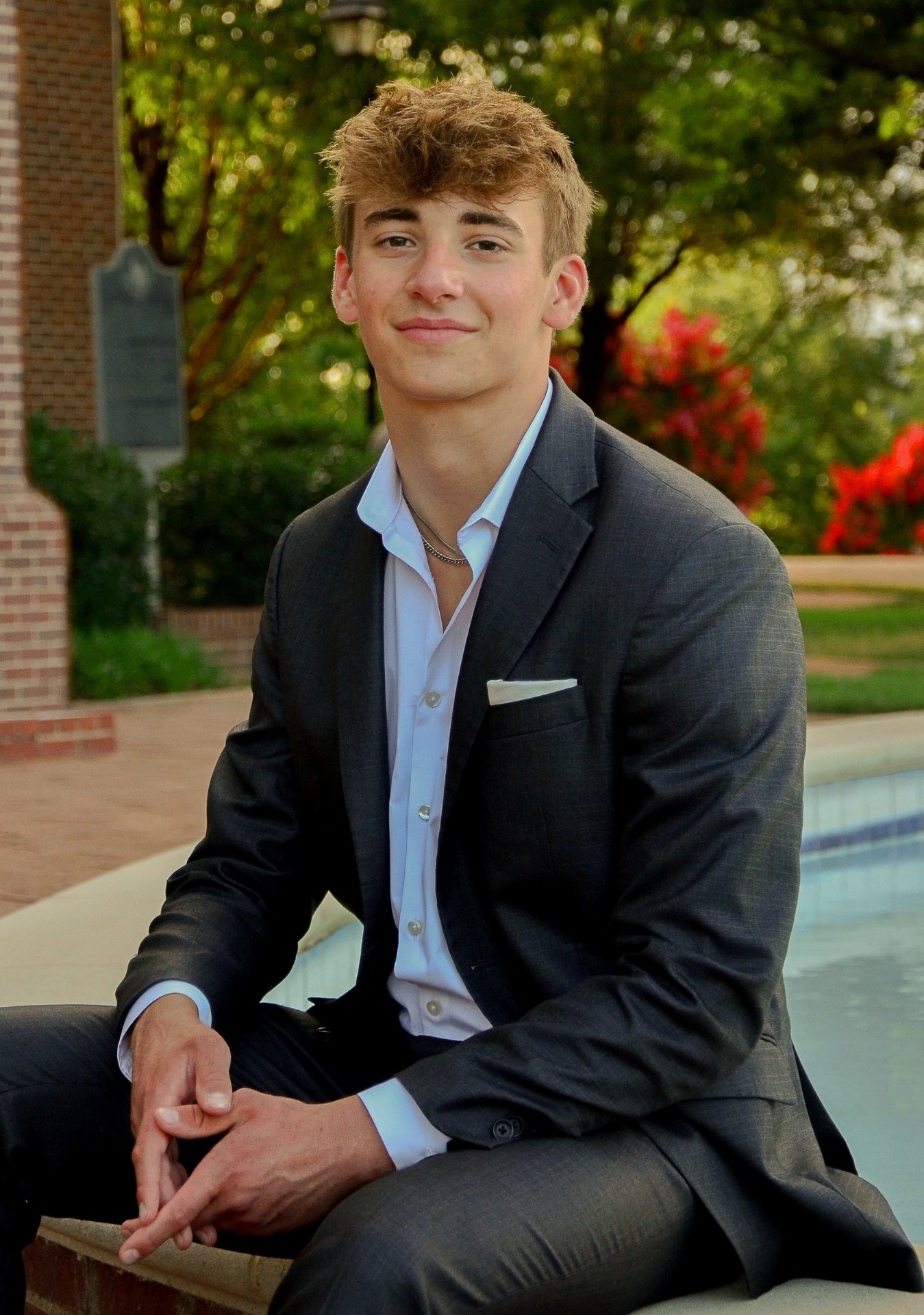The Kairos Philosophy
Lifting Others
What is Kairos?
Kairos is the single most important aspect of persuasion.
In 367 B.C., Aristotle traveled to Athens to study philosophy and oratory under Plato. Aristotle's 20 years of study culminated in the development of the modern foundation of public speaking, Aristotle's book, Rhetoric. Originally intended as a guide to Greek citizens on how to argue their claims in court, Rhetoric has since been recognized by many of the world's greatest orators such as Cicero and Quintilian as the chief authority on public speaking—a 2,000-year-old book that is still an authority today. Such longevity warrants a closer look.
What is rhetoric? Aristotle defined rhetoric as, "The ability in a particular case to see the available means of persuasion." That is a good definition but what is persuasion? Persuasion is leading a person to adopt one's beliefs. If we put these two definitions together, we find that rhetoric is the ability in a particular case to lead a person to adopt one's beliefs. In Rhetoric, Aristotle claimed that a person could accomplish this through Ethos (an appeal to credibility based on ethics and character), Pathos (the ability to put a listener in the correct frame of mind by appealing to emotion), and/or Logos (an appeal to a listener's logic). But if rhetoric is seeing the available means of persuasion then that implies that not all means of persuasion should be used all the time. Put differently, the word "rhetoric" implies that there is something more to persuasion than simply throwing Ethos, Pathos, and Logos together into a speech. What could this "something more" be? According to Aristotle, the "something more" is the fourth component to persuasion. The "something more" is what can make or break Ethos, Pathos, and Logos. The "something more" is Kairos.
Kairos is a Greek word that means "the critical moment." It is the ability of a speaker to evaluate the critical moment the speaker is in and to change how he or she persuades based on the nuances of that moment. Modern speech and debate students learn to master Ethos, Pathos, and Logos but these methods of persuasion are at best unreliable and at worst harmful without Kairos. Kairos is about knowing when to use Ethos, when to prioritize Pathos, when to emphasize Logos, and when to combine these methods and in what proportion. Ethos, Pathos, and Logos are arrows in a quiver but Kairos is the wisdom that guides the speaker's hand in choosing which arrow to shoot in each moment. It allows the speaker to shoot one masterfully crafted arrow directly at a bullseye instead of shooting three meandering arrows in the vague direction of a target. Kairos is about evaluating critical moments and adapting. Kairos is the pinnacle of persuasion.

Now is the Critical Moment to Master Kairos
Have you ever lost a round when you seemed logically right on every point? Have you ever outperformed your opponent on speaker points, polish, and professionalism only to have the judge not notice? Have you ever been certain you were going to win an outround only to have the whole panel vote against you? You could blame these losses on the subjectivity of public speaking (which is what most students do) or you could use the subjectivity of the event to your advantage by mastering Kairos. The ancients understood that to persuade a person, a speaker first needed to understand the person. Kairos is about understanding the person that is your judge and meeting your judge on your judge's terms. This is done by accurately reading situations, quickly adapting your pre-written cases, changing the way you flow, and more. If your judge dislikes "debate-y terms," do not let the word "contention" come out of your mouth. If your judge prioritizes style over content, be the most stylish speaker in the room and put content in your peripherals. If your judge cares about definitions, have a definition debate and argue technicalities with pristine insight. Kairos is the single most important aspect of persuasion because it, alone, is about precision persuasion. Precision persuasion builds consistency. Consistency builds a legacy.
As Aristotle said, "Excellence is never an accident. Choice, not chance, determines your destiny." Would you like to master Aristotelian rhetoric and make subjectivity your friend? Would you like to be even better than you are now in each and every critical moment of your speaking career? Would you like to be even better at leading people to adopt your beliefs? Kairos Coaching is here to teach the lost art of persuasion from the perspective of the greats.
What is Our Philosophy?
At Kairos Coaching, we operate under a vision. We believe that by taking students back to the roots of public speaking, we can hone their skills for the future. Our motto is "Lifting Others." Lifting others involves inspiring students towards excellence for the glory of God and the building up of His kingdom.
We seek to answer big questions ... questions of what, why, and how. What is debate? What is excellence? Why is connecting with a listener difficult? Why does truth matter? How can we make the subjectivity of speech and debate an asset? How can we make the biggest impact possible?
We will instruct you the way Plato instructed Aristotle, through discussions and mentorship. We will never simply dump information on you. Robust learning happens through dialogue. Dialogue is about discovery. We will not always tell you what to think but we will critically train you in how to think.
Most importantly, Kairos Coaching has mentorship at its core. The best coaches are not encyclopedias; they are leaders, examples, and friends. We are committed to bringing only the best of those coaches to you.
Kairos Coaching is about building something. The art of public speaking was built by Plato and Aristotle. Kairos Coaching was built by former Stoa student and national champion Benjamin Rutten. The future of public speaking will be built by today's students—students just like you.

What would you like to build? Understanding? Skills? A legacy? Our coaches can help you do it.
What Are the Goals of Kairos Coaching?
Personal Excellence
Kairos Coaching seeks to build students into the best versions of themselves. You do not have to be a seasoned competitor to learn from us. We welcome students of all experience and interest levels and are honored to grow each student in whatever way he or she most needs. Some students grow simply through doing their best and hoping for the best. Others grow through intentional goal-setting. Whichever type of student you are, we are here for you. Our goal is to maximize your competitive successes but we also recognize that excellence is not always about finishing first. Whether you are an experienced student looking to win a national title or a novice who simply desires to learn, we are here to help you grow, learn, and develop. Excellence is achieved when we remember why we do what we do. As Romans 14:8 says, "If we live, we live for the Lord; and if we die, we die for the Lord." Pursue excellence unto the Lord.

Relationship-Based Mentorship
Plato instructed through relationships and so do we. At Kairos Coaching, we provide more than sessions and resources; we provide mentorship. Any student who has competed long enough in speech and debate knows that there are times when encouragement and inspiration are desperately needed. Having a coach who believes in you, is proud of you, and will encourage you in all times—even in the times of disappointment—is an invaluable asset. When our coaches competed, there were blessed with coaches who invested this way in them. We now desire to fill that role for you. Our coaches are honored to serve as encouragers, mentors, and helpers. Whether you decide to become a Kairos student or not, allow us to leave you with the words of Isaiah 40:31: "Those who wait for the Lord will renew their strength; they shall mount up with wings like eagles; they shall run and not be weary; they shall walk and not grow faint." Persevere unto the Lord.

Our Story
July 10, 2024
On July 10, 2024, Benjamin Rutten founded Kairos Coaching, a one-of-a-kind coaching service designed to take students back to the roots of public speaking for the purpose of honing their skills for the future.
Benjamin spent 5 years competing in the Stoa speech and debate league and saw some of the greatest success of any competitor in the history of the league. Desiring to pass on his knowledge, he founded Kairos Coaching with the goal of "Lifting Others."
In the months following Kairos' founding, Benjamin's coaching lead multiple students to the point of winning season tournaments and even lead several to become national champions themselves.
January & February 2025
Kairos Coaching's expansion begun on January 1, 2025 when Kairos brought on it's second Stoa coach, two-time national champion John Semple. Having been involved in the Stoa community since 2011, John has helped students in nearly every aspect of speech and debate. He now serves as a valuable mentor to others.
On February 15, 2025, Kairos brought on its third Stoa coach, Team Policy and Parliamentary Debate expert, Hudson Kubiak. Hudson is regarded as one of the best debaters ever to have competed in the Stoa league. After 5 years of personal success, Hudson is passing on his knowledge and skills to others.


May 2025
Two of Coach Benjamin's students became national champions at NITOC 2025. Mars Hill student Darcy Fukunaga took first-place in Mars Hill Speaking and Team Policy student Malachi Smith took first-place in Team Policy Speaking. Kairos students also placed high in Lincoln-Douglas Debate, Team Policy Debate, Parliamentary Debate, Persuasive, Original Oratory, Extemporaneous Speaking, and more.
According to Darcy Fukunaga, "Ben is the absolute best! His detailed coaching insights into Mars Hill helped me immensely."
According to Malachi Smith, "The coaching Ben provided me with over the past season was invaluable to my success in Team Policy Debate."
June 2025
On July 1, 2025, national semifinalist and Team Policy Debate expert Brayden Braun joined Kairos Coaching as its fourth Stoa coach.
Coach Brayden broke to outrounds in every single one of his events at Nationals in 2024 and now specializes in helping students improve their impromptu Negative strategies for Team Policy Debate.
As a beacon of persuasion, Brayden illumines what is dark in the ocean of Team Policy so that every ship that crosses its waters might have a light to guide it.
August 2025
Kairos Coaching onboards two additional coaches with the goal of reaching NCFCA students in need of expert instruction.
Haley Bock is a 2-time national champion who competed in NCFCA for over a decade, beginning with juniors and ending with the national title Moot Court Oral Advocacy.
Kayla Kennings is a nationally-recognized NCFCA coach who won Team Policy Speaking at Nationals in 2025 and placed 1st in Informative at Regionals two years in a row.
These coaches seek to inspire students to speak for the glory of God.

July 2025
After celebrating the 1-year anniversary of its founding, Kairos Coaching announced the release of both Team Policy and Lincoln-Douglas Debate Casebooks.
Both Stoa casebooks rivaled the quality and quantity of leading brands and provided scores of students with the expert research they needed to begin their seasons. This marked the very beginning of Kairos' casebook success.

September 2025
In September of 2025, Kairos Coaching founded the Kairos Speech & Debate Club, an online club—fully registered with Stoa—that meets weekly. Each week, one of our expert alumni coaches lectures on a topic of his or her choice before opening up the floor for Q&A. Dozens of students—both first-time beginners and national champions—joined our club, gaining weekly access to incomparable instruction and an uplifting community.
October 2025
Four-time national champion Micah Magness left one of Kairos' main competitors to join our work.
Armed with over a decade of speaking experience, Micah competed in five debate styles across three separate leagues, both nationally and internationally. During his time in Stoa, Micah secured 53 first-pace finishes across the limited preparation, platform, interpretive, debate, and wild card events.
Whether coaching the novice or the hyper-competitive champion, Micah has the same objective in mind: supplying students with the depth and clarity they need to achieve their goals.
Today
Kairos Coaching remains just as committed to lifting others as it ever has been, offering sessions and resources to scores of students. We remain committed to hiring only the best coaches and to bettering the competitive journey of all those who seek our aid. We are excited to see what the next step is for Kairos and where the Lord will lead us in the coming months and years.
"We are what we repeatedly do. Excellence, then, is not an act but a habit."
-Aristotle









